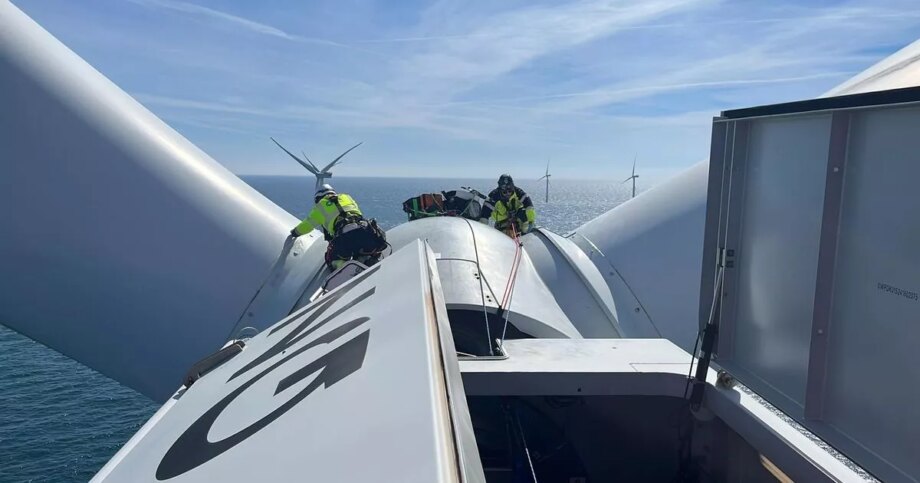- Offshore wind research centre receives £17.8m funding led by University of Hull, with support from Durham, Loughborough, and Sheffield universities
- Centre aims to develop future leaders in offshore wind sector through EPSRC Centre for Doctoral Training in Offshore Wind Energy Sustainability and Resilience
- Government and private sector investment of £5.8m and £12m respectively, with over 40 industry partners involved
- Focus areas include environmental impact, economics, supply chain development, automation, and offshore grid integration
- Part of £1bn-plus investment into engineering and physical sciences doctoral skills to support UK’s transition to Net Zero
Pioneering Offshore Wind Research Centre Receives £17.8m Funding
A new academic research centre dedicated to advancing offshore wind technology has been granted a substantial £17.8 million in funding, marking a significant step towards tackling the challenges faced by the offshore wind industry. The EPSRC Centre for Doctoral Training in Offshore Wind Energy Sustainability and Resilience, spearheaded by the University of Hull, in collaboration with Durham, Loughborough, and Sheffield universities, aims to nurture future leaders in the sector and address critical issues related to offshore wind energy.
Related Video

Government and Private Sector Investment
The funding for the research centre includes a £5.8 million contribution from the government, complemented by an additional £12 million from over 40 industry partners. This substantial financial support will enable the centre to engage approximately 65 PhD students over the next five years, with industry sponsors committing to match funding for up to 30 doctoral studentships. The involvement of industry partners underscores the collaborative effort to drive innovation and sustainability in the offshore wind sector.
Focus Areas of the Research Centre
The EPSRC Centre for Doctoral Training will explore various aspects of offshore wind, including its environmental impact, the economics of the industry, the development of new supply chains, the integration of offshore grids into the network, and the increasing use of automation. By addressing these key areas, the centre aims to not only enhance technological advancements but also contribute to the overall resilience and sustainability of offshore wind energy.
Future Prospects and Impact
The establishment of this pioneering research centre aligns with the UK’s goal of achieving Net Zero emissions and solidifies the country’s position as a global leader in offshore wind energy. With a focus on developing essential skills and conducting groundbreaking research, the centre is poised to play a crucial role in shaping the future of the offshore wind industry. By fostering collaboration between academia, industry, and policymakers, the centre aims to produce a new generation of experts who will drive innovation and help the UK meet its net-zero targets by 2050.
Links to additional Resources: 1. https://www.hull.ac.uk/ 2. https://www.dur.ac.uk/ 3. https://www.lboro.ac.uk/
